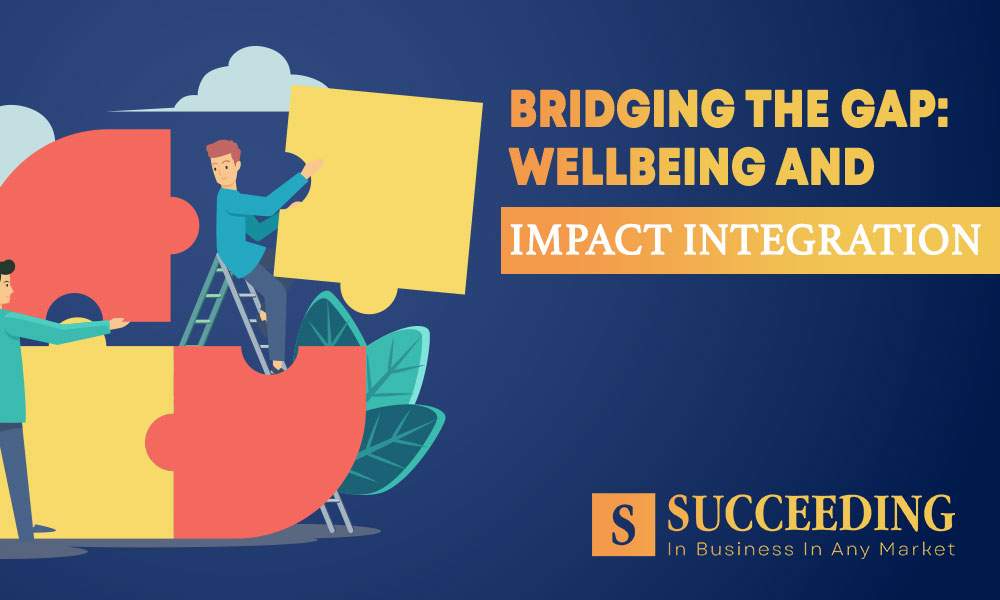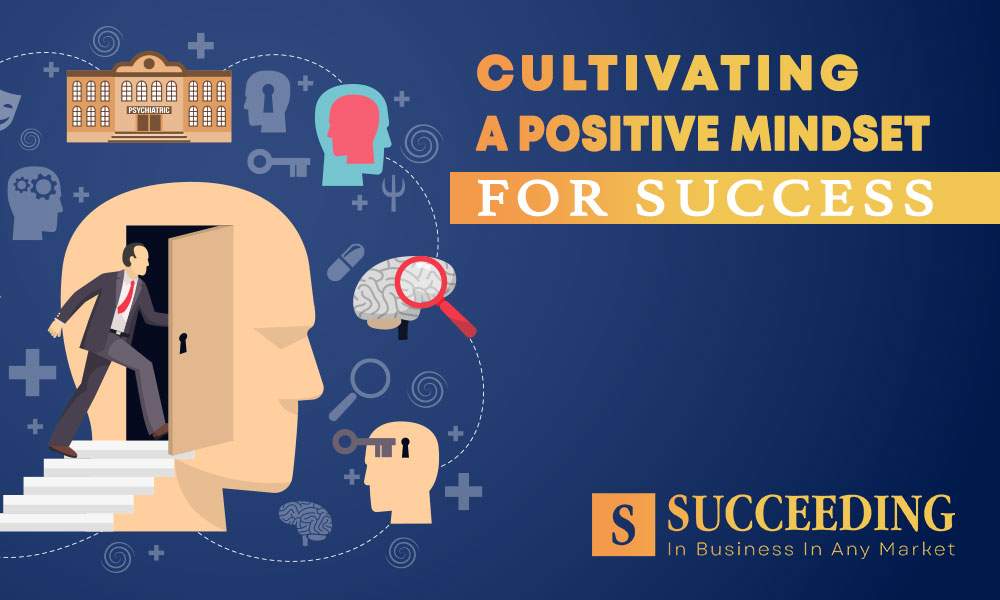Post Date: January 23, 2024

Unlock the power of positivity with this comprehensive guide to Positive Affirmations. In the midst of life’s challenges, discover the invaluable tool of positive affirmations, delving into their profound significance and exploring how they have the potential to shape and transform your mindset for a brighter tomorrow.

Understanding Positive Affirmations
Positive affirmations serve as concise, positive statements aimed at challenging and overcoming self-sabotaging and negative thoughts. Their purpose is to create a conscious effort to cultivate a more optimistic outlook on life. The fundamental belief driving positive affirmations is that our thoughts have the power to shape our reality, and by introducing positive statements, we can significantly influence our mental well-being.
Crafting Effective Positive Affirmations
The art of crafting effective affirmations involves thoughtful consideration and intention. To create affirmations that resonate, one should adhere to certain guidelines:
- Conciseness and Specificity: Keeping affirmations short and specific helps to focus on the desired outcome.
- Present Tense: Phrasing affirmations in the present tense creates a sense of immediacy and belief in their realization.
- Positive Language: Using positive and empowering language is crucial for framing affirmations optimistically.
- Personalization: Tailoring affirmations to one’s unique goals and aspirations adds a personal touch, enhancing their effectiveness.
The Science Behind Positive Affirmations
The effectiveness of positive affirmations is not merely anecdotal; it is backed by scientific evidence. Numerous studies have demonstrated that the practice of positive affirmations can lead to tangible changes in neural pathways, effectively rewiring the brain for a more positive outlook. This shift in mindset has a profound impact on emotional well-being and overall mental health, making positive affirmations a scientifically validated tool for personal development.
Integrating Positive Affirmations into Daily Life
Understanding the science behind positive affirmations is crucial, but their real power lies in their integration into our daily routines. Practical strategies include:
- Morning Rituals: Commence your day with a series of positive affirmations to set a positive tone.
- Post-it Notes: Place affirmations strategically in visible areas like your desk or mirror for constant reinforcement.
- Affirmation Journals: Maintain a dedicated journal for positive affirmations, noting down thoughts and reflections.
- Incorporate into Meditation: Combine affirmations with meditation for a holistic approach to mental well-being.
Overcoming Challenges and Building Consistency
Despite the transformative potential of positive affirmations, challenges may arise. Addressing skepticism, building consistency, and adapting affirmations to evolving goals are integral aspects of the affirmation journey. Patience and commitment are key to overcoming initial hurdles and establishing a consistent practice.
Real-life Success Stories
To illuminate the transformative potential of positive affirmations, let’s explore real-life success stories across different domains:
- Career Success: Professionals affirming their capabilities experienced increased confidence and career advancements.
- Health and Well-being: Individuals practicing affirmations reported lower stress levels and improved overall health.
- Relationships: Positive affirmations enhanced self-esteem, fostering healthier interpersonal relationships.

Conclusion:
In conclusion, positive affirmations transcend the realm of mere feel-good exercises; they emerge as potent tools for personal growth and transformation. By understanding the science behind affirmations and seamlessly integrating them into our daily lives, we can pave the way for a more positive and fulfilling existence.
Call-to-Action
Embark on your journey of self-discovery and personal growth. Share your experiences with positive affirmations in the comments below. Subscribe for more insightful content on personal development and well-being.





